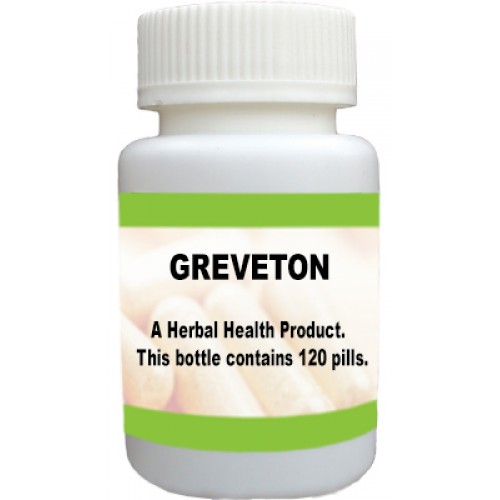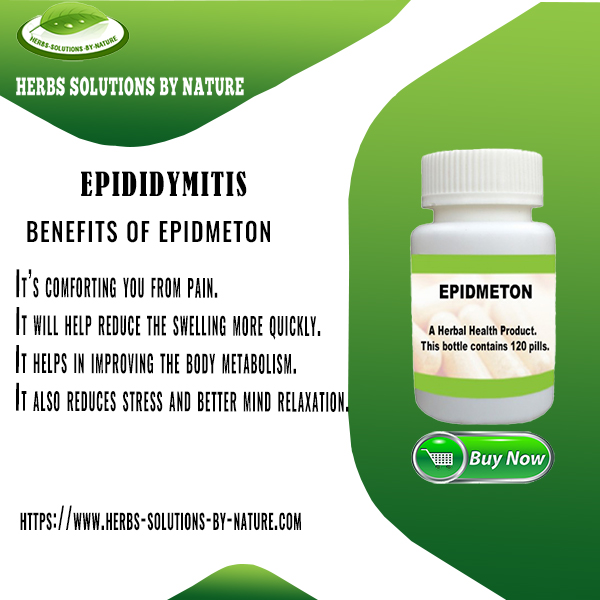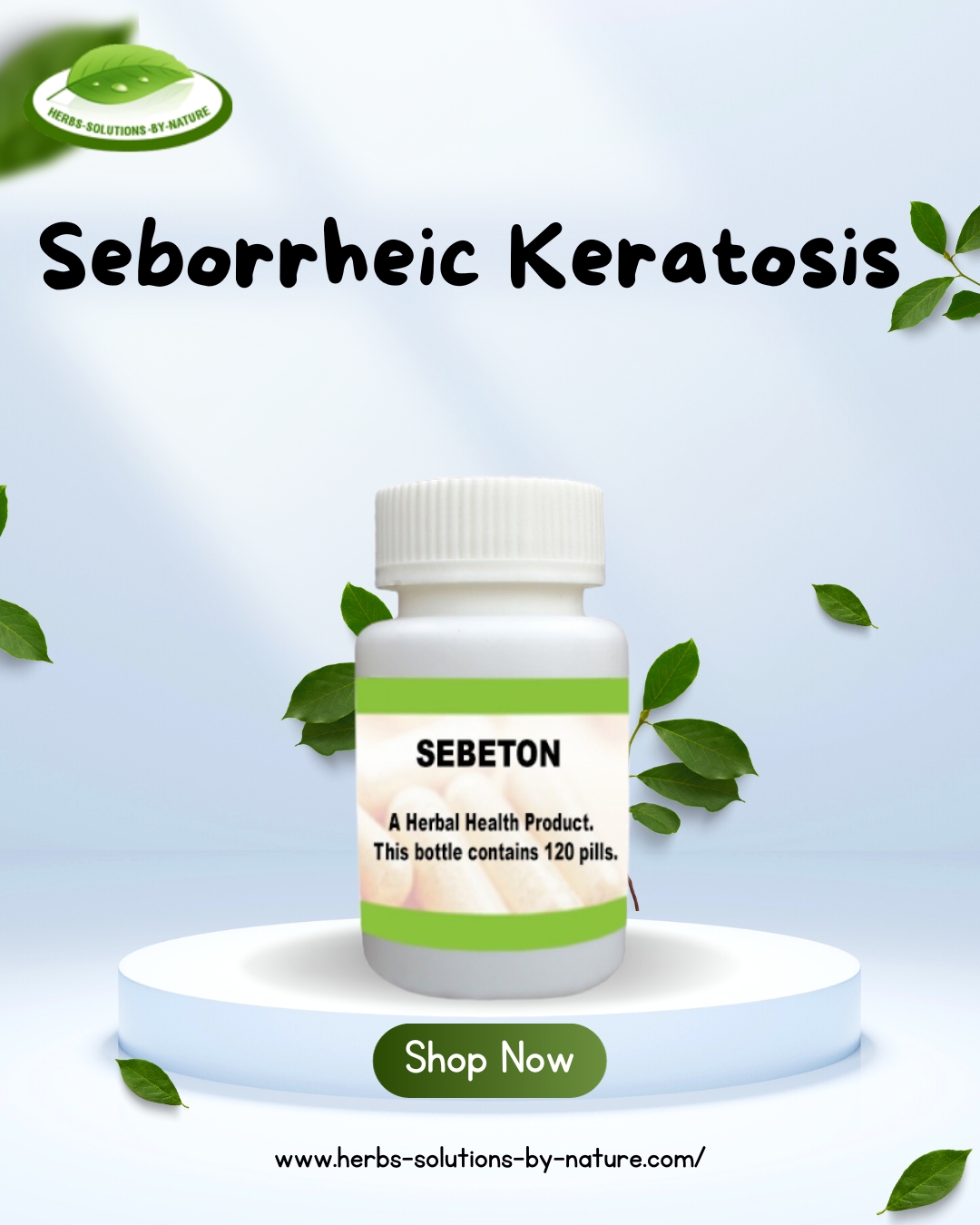A Guide to What Food is Good for Myasthenia Gravis

Myasthenia gravis is an autoimmune disorder that affects the muscles and can cause muscle weakness and fatigue. Eating the right foods can help alleviate symptoms and nourish your body. We will discuss what food is good for myasthenia gravis and what foods help myasthenia gravis. We will go over the best types of food to eat and how to create a nutritious meal plan that works for your lifestyle.
Understanding Myasthenia Gravis
Understanding Myasthenia Gravis is crucial in managing the symptoms and finding the right food for your condition. Myasthenia Gravis is an autoimmune disorder that affects the muscles and can lead to muscle weakness and fatigue. This condition occurs when the immune system mistakenly attacks the receptors in the muscles, preventing them from receiving signals from the nerves.
Myasthenia Gravis can manifest in various ways, but the most commonly affected muscles control eye movements, facial expressions, and swallowing. It can result in drooping eyelids, double vision, difficulty speaking and swallowing, and muscle weakness.
To manage Myasthenia Gravis, it’s essential to focus on nutrition. The right food can help alleviate symptoms and promote overall health and well-being. A well-balanced diet can provide the necessary nutrients to support muscle function and combat fatigue.
Incorporating foods rich in antioxidants, such as fruits and vegetables, can help reduce inflammation and support the immune system. Omega-3 fatty acids found in fish and flaxseed can also provide anti-inflammatory benefits. Additionally, consuming foods high in protein can support muscle strength and repair.
Supplements like Greveton, a dietary supplement specifically formulated for individuals with Myasthenia Gravis, can be valuable to your nutrition plan. These supplements contain essential vitamins, minerals, and antioxidants to support muscle function and improve overall health.
Importance of Nutrition for MG Patients
Proper nutrition plays a vital role in managing the symptoms of Myasthenia Gravis (MG). A well-balanced diet can provide the essential nutrients needed to support muscle function and combat fatigue, common symptoms of this autoimmune disorder. You can optimize your health and well-being by incorporating the right foods into your diet.
One valuable addition to your nutrition plan is Greveton, a dietary supplement specifically formulated for individuals with Myasthenia Gravis. These supplements contain essential vitamins, minerals, and antioxidants to support muscle function and improve overall health. Along with Greveton, focusing on eating various nutrient-rich foods is important.
When it comes to eye health, certain foods are particularly beneficial. Incorporating foods high in vitamin A, such as carrots, spinach, and sweet potatoes, can help maintain optimal eye health and potentially reduce symptoms related to ocular muscle weakness. Additionally, foods rich in antioxidants, like blueberries and leafy greens, can help reduce inflammation and support the immune system.
Protein is another crucial component of a healthy diet for MG patients. It provides the necessary building blocks for muscle strength and repair. Including lean protein sources such as chicken, turkey, fish, tofu, and legumes can help support your muscles and combat weakness.
In summary, paying attention to your nutrition is essential for managing Myasthenia Gravis symptoms. You can support your muscle function and overall health by incorporating the right foods, such as those mentioned above, into your diet, along with supplements like Greveton. Remember to consult your healthcare provider or a registered dietitian for personalized guidance and create a meal plan that meets your specific needs.
Foods to Include in Your Diet
When managing Myasthenia Gravis (MG), incorporating the right foods into your diet is crucial. These foods can provide the necessary nutrients to support muscle function, combat fatigue, and optimize overall health and well-being.
One important aspect of your diet should be foods that promote eye health. Including foods high in vitamin A, such as carrots, spinach, and sweet potatoes, can help maintain optimal eye health and potentially reduce symptoms related to ocular muscle weakness. These foods contain essential nutrients that support the health of your eyes, which are commonly affected in individuals with MG.
In addition to foods for eye health, incorporating antioxidants is also beneficial. Foods such as blueberries, leafy greens, and other brightly colored fruits and vegetables can help reduce inflammation and support your immune system. Antioxidants can play a role in managing the autoimmune component of MG and promoting overall health.
Along with these specific foods, it’s important to consider incorporating various nutrient-rich foods into your diet. Lean protein sources like chicken, turkey, fish, tofu, and legumes are essential for muscle strength and repair. Whole grains, nuts, and seeds can provide a good energy source and essential nutrients.
Remember, along with a balanced diet, supplements like Greveton, specifically formulated for individuals with MG, can also support muscle function and overall health. Always consult your healthcare provider or a registered dietitian for personalized guidance and create a meal plan that meets your specific needs.
Best Sources of Protein
Protein is a crucial nutrient for individuals with Myasthenia Gravis (MG) as it supports muscle strength and repair. Including the best protein sources in your diet can help combat muscle weakness and optimize overall health.
One of the top protein sources for individuals with MG is lean meats such as chicken and turkey. These meats are rich in protein and provide important nutrients like iron and B vitamins. Incorporating fish into your diet is another great option, as it contains omega-3 fatty acids that have anti-inflammatory benefits and can help reduce symptoms of MG. Plant-based protein sources like tofu and legumes are also excellent choices, as they are low in fat and packed with essential amino acids.
It’s important to note that while protein is essential, it’s equally important to include a variety of nutrient-rich foods in your diet to support overall health. It includes fruits, vegetables, whole grains, and healthy fats.
Consider incorporating supplements into your routine to support your muscle function and overall health further. Look for eye health supplements containing important nutrients like vitamin A, as this can help maintain optimal eye health, commonly affected in individuals with MG. Additionally, consider supplements specifically formulated for individuals with MG, like Greveton, which can provide a blend of essential vitamins, minerals, and antioxidants to support muscle function and improve your overall well-being.
Remember to consult with your healthcare provider or a registered dietitian for personalized guidance on the best protein sources for your specific needs and to create a meal plan that suits your lifestyle.
Essential Vitamins and Minerals
Ensuring you get the right vitamins and minerals is essential when managing Myasthenia Gravis (MG). These nutrients play a vital role in supporting muscle function and overall health. While it is always best to obtain these nutrients through a balanced diet, sometimes it can be beneficial to supplement with essential vitamins and minerals.
One important nutrient to focus on for individuals with MG is vitamin A. This nutrient is crucial for optimal eye health, commonly affecting MG patients. Incorporating foods rich in vitamin A, such as carrots, spinach, and sweet potatoes, can support your eye health and potentially reduce symptoms related to ocular muscle weakness. Additionally, consider adding the best eye health supplements to your routine. These supplements contain important nutrients like vitamin A and other antioxidants that can further support your eye health.
Other essential vitamins and minerals to include in your diet are vitamins D, E, calcium, and magnesium. These nutrients all play a role in muscle function and overall health. Incorporating fatty fish, eggs, dairy products, nuts, seeds, and leafy greens can help ensure you adequately intake these essential nutrients. Consult your healthcare provider to determine if additional supplementation is necessary.
Maintaining a balanced diet rich in essential vitamins and minerals is crucial when managing MG. You can optimize your muscle function and overall health by incorporating nutrient-rich foods and potentially supplementing with the Best Eye Health Supplements.
Foods to Avoid or Limit
When managing Myasthenia Gravis (MG), knowing certain foods may worsen symptoms or hinder your overall health is important. While no specific Myasthenia Gravis Food exists to avoid, making mindful choices can help alleviate symptoms and promote well-being.
One type of food to limit is processed or packaged foods. These often contain high sodium levels, preservatives, and additives, contributing to inflammation and muscle weakness. Opt for fresh, whole foods whenever possible.
Additionally, some individuals with MG may find that certain foods trigger or worsen symptoms. It can vary from person to person, so listening to your body and how different foods make you feel is important. Keep a food diary to track any patterns or correlations between your diet and symptoms.
Another consideration is alcohol. Alcohol can hurt muscle function and may interact with medications commonly used to manage MG. It’s best to consume alcohol in moderation or avoid it altogether.
Lastly, it’s important to be cautious with caffeine. While moderate amounts of caffeine are generally safe, excessive consumption can lead to muscle twitching, jitters, and even fatigue. Pay attention to your caffeine intake and consider reducing or eliminating it if you notice any negative effects.
Remember, it’s always best to consult your healthcare provider or a registered dietitian for personalized guidance on which foods to limit or avoid based on your specific needs and medical history.
Sample Meal Plan
Now that we understand the importance of nutrition for managing Myasthenia Gravis (MG) let’s dive into a sample meal plan that incorporates foods that are good for this condition. Remember, this is just a starting point, and you should always consult with a healthcare provider or a registered dietitian to tailor the plan to your specific needs and preferences.
For breakfast, you could have a bowl of oatmeal topped with blueberries and a sprinkle of flaxseeds for added fiber and omega-3 fatty acids. Pair it with a glass of fortified orange juice to boost vitamin C.
For lunch, consider a spinach salad with grilled chicken or tofu, topped with carrots and bell peppers for added crunch. Dress it with a homemade vinaigrette using olive oil and lemon juice.
For dinner, try baked salmon seasoned with herbs and served with roasted sweet potatoes and steamed broccoli. This meal is rich in protein, omega-3 fatty acids, and antioxidants.
For snacks, opt for a handful of nuts or seeds for healthy fats, or enjoy sliced cucumbers with hummus for a refreshing and nutritious treat.
Remember to incorporate supplements like the best eye health supplements or Greveton, as your healthcare provider recommends, to ensure you are getting all the necessary nutrients.
Following this sample meal plan and adjusting based on your needs can nourish your body and support your muscle function while managing Myasthenia Gravis.
Tips for Meal Planning and Preparation
When managing Myasthenia Gravis (MG), meal planning and preparation can make a big difference in your overall well-being. Here are some tips to What Foods Help Myasthenia Gravis you create a nutritious and delicious meal plan:
- Plan Ahead: Take some time to plan your meals for the week. Consider your schedule and any dietary restrictions or preferences, and choose recipes that incorporate What Food Is Good for Myasthenia Gravis. It will save you time and ensure you have all the necessary ingredients.
- Focus on Nutrient-Rich Foods: Aim for various nutrient-rich foods when selecting recipes. Include plenty of fruits, vegetables, lean proteins, whole grains, and healthy fats in your meals. These foods provide the necessary vitamins, minerals, and antioxidants to support muscle function and overall health.
- Batch Cooking: Consider preparing larger portions of certain meals and storing leftovers for future meals. It can be What Foods Help Myasthenia Gravis on busy days when you don’t have time to cook. Heat the leftovers, and you have a nutritious meal ready to go.
- Meal Prep: Spend some time each week prepping ingredients in advance. Chop vegetables, cook grains, and marinate proteins ahead of time. It will streamline the cooking process and make it easier to assemble meals during the week.
- Make it Enjoyable: Experiment with new recipes and flavors to keep your meals interesting and enjoyable. Get creative with herbs, spices, and different cooking techniques to add variety to your meals.
By following these meal planning and preparation tips, you can ensure that you are fueling your body with the right foods and managing your Myasthenia Gravis effectively. Remember, it’s always best to consult your healthcare provider or a registered dietitian for personalized guidance and create a meal plan that meets your specific needs.






